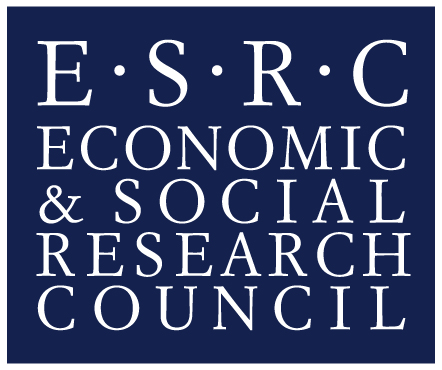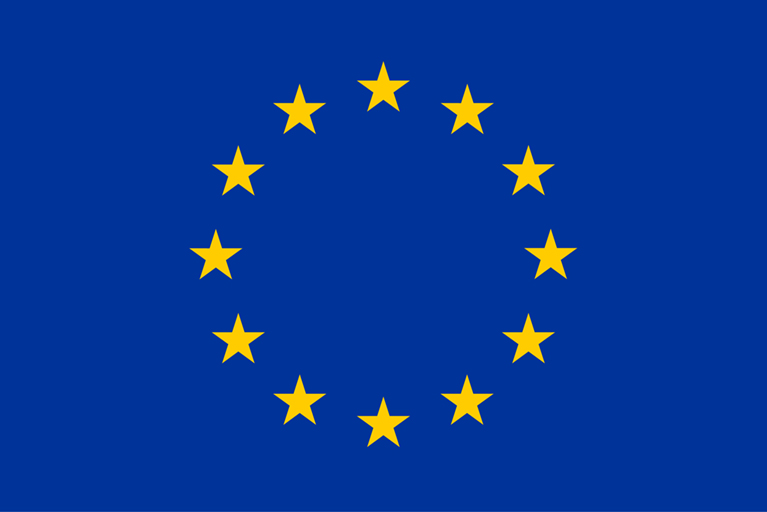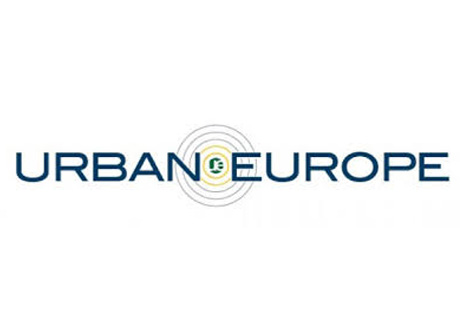Waste Food-Energy-Water Urban Living Labs - mapping and reducing waste in the food-energy-water nexus
Funder
JPI-Urban Europe, Belmont Forum, ESRC for the UK academic partners, grant number ES/S002243/1 and Innovate UK.




Collaborators
University of Reading, University of Bath, The Schumacher Institute, Wessex Water, University of Stellenbosch, University of Cape Town, University of California, University of Campinas, GENeco, Centre for Sustainable Energy, Bristol Food Network, Dutch Research institute for Transitions B.V., Rotterdam, CICERO Centre for International Climate Research East Rand Water Care Company, Isidima and BlueCityLab.
Team
Team: Professor Sue Charlesworth, Dr Jana Fried, Dr Marco Van De Wiel, Dr Ulrich Schmutz, Dr Francis Rayns and Julia Stew
Duration
June 2018 – May 2021
External Website
https://wastefewull.weebly.com/
Objective
We aim to map and substantially reduce waste in the urban food-energy-water (FEW) nexus in city-regions across three continents: Europe, Africa and South America. We will establish four Urban Living Labs (ULL) of key stakeholders who will undertake participatory research to: a) map resource flows; b) identify critical dysfunctional linear pathways; c) agree the response most appropriate to the local context (e.g. policy intervention, technology diffusion); d) model the market and non-market economic value of each intervention; and e) engage with decision makers to close each loop.


Bristol Urban Living Lab Kick off Meeting in Avonmouth, the industrial river mouth outside Bristol where Wessex Water/GENeco have their main plant/operations in the SW region.
Latest Updates
April 2020: The webinar was held on 17 April, 2-4pm UK time. It was based on a discussion of the circular economy and was given by Gijs Diercks from Drift, The Netherlands. The webinar focused on Transition Theory and the states of transition enabling the development of a circular economy. The Netherlands were used as the case study, but consideration was also given to its application elsewhere in the world. In an interesting presentation, Gijs used the X-curve concept to describe the multiple phases, and effort needed, to resolve chaos and eventually lead to stabilisation in the circular economy.
Link to the recorded webinar: https://youtu.be/L4Wux9VphWw
For more information about this project please contact Professor Sue Charlesworth




